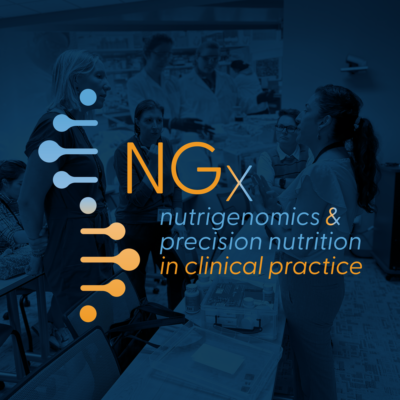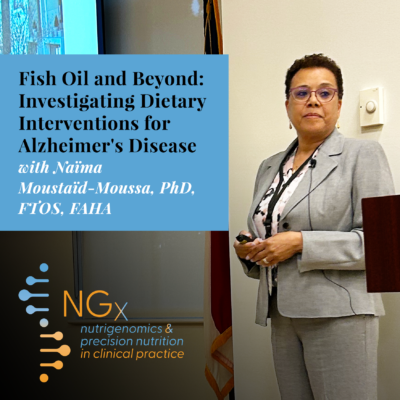Microbiome and Nutrition
The complex community of bacteria, yeasts and viruses living in our intestines, collectively known as the gut microbiome, is shaped, in part, by what we eat. Genetics, environment, and other factors also influence an individual’s microbial community. Research at the NRI investigates these complex relationships and their impact on disease risk. We use animal models and bioinformatics to study the associations between nutritional metabolites, gut microbiome, and health. What happens in the gut doesn’t stay in the gut. Your microbiome can play a role in cardiovascular disease, obesity and diabetes, and even cancer. Our team envisions a future where analysis of your microbiome can determine disease risk, and medical foods can be prescribed to treat and prevent disease by regulating the microbiome.
Publications
Microbiome and Nutrition Publications
2020
Population studies of TMAO and its precursors may help elucidate mechanisms. Meyer K
2019
Association of dietary patterns with the gut microbiota in older, community-dwelling men. Meyer K
2018
Meta-analysis of human genome-microbiome association studies: the MiBioGen consortium initiative. Meyer K
Human microbiota, blood group antigens, and disease. Sumner S
2017
Trimethylamine N-Oxide, the Microbiome, and Heart and Kidney Disease. Zeisel S
2016
Diet and Gut Microbial Function in Metabolic and Cardiovascular Disease Risk. Meyer K
Antibiotic-mediated gut microbiome perturbation accelerates development of type 1 diabetes in mice. Sumner S
Related News
WSOCTV: Researchers in Kannapolis explore differences in how our bodies respond to food
Recently, Good Morning America featured a story on the All of Us Research Program from the National Institutes of Health. This initiative aims to build a comprehensive database that will empower researchers to conduct numerous studies on health and disease. The UNC...
2024 NGx Recap Video
The 2024 NGx: Nutrigenomics and Precision Nutrition in Clinical Practice short course has wrapped. During the course, we delved into the cutting-edge world of nutrigenomics and precision nutrition, bringing together researchers and practitioners from...
Pregnant Women Health Study
The purpose of this study is to understand how genetic and lifestyle factors affect nutrient metabolism, particularly glycine, purine and folate metabolism, in pregnancy.
Recruitment Requirements:
• Women 18-45 years old without any regard to disease status, who are currently pregnant
Fish Oil and Beyond: Investigating Dietary Interventions for Alzheimer’s Disease with Dr. Naïma Moustaïd-Moussa
We were honored to host Naïma Moustaïd-Moussa, PhD, FTOS, FAHA, a Horn Distinguished Professor of Nutritional Sciences and director of the Obesity Research Institute at Texas Tech University, as the keynote speaker at our biannual NGx short course. Her research...






